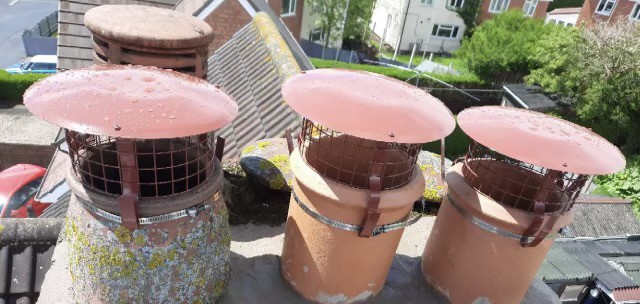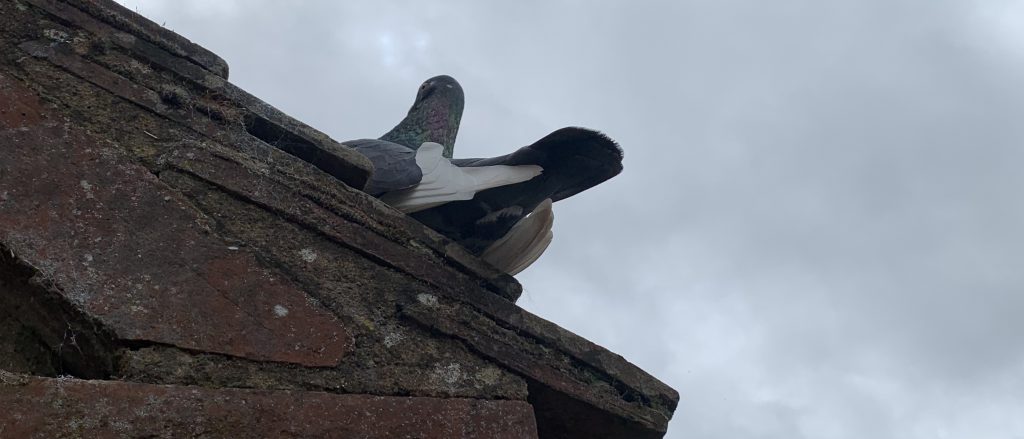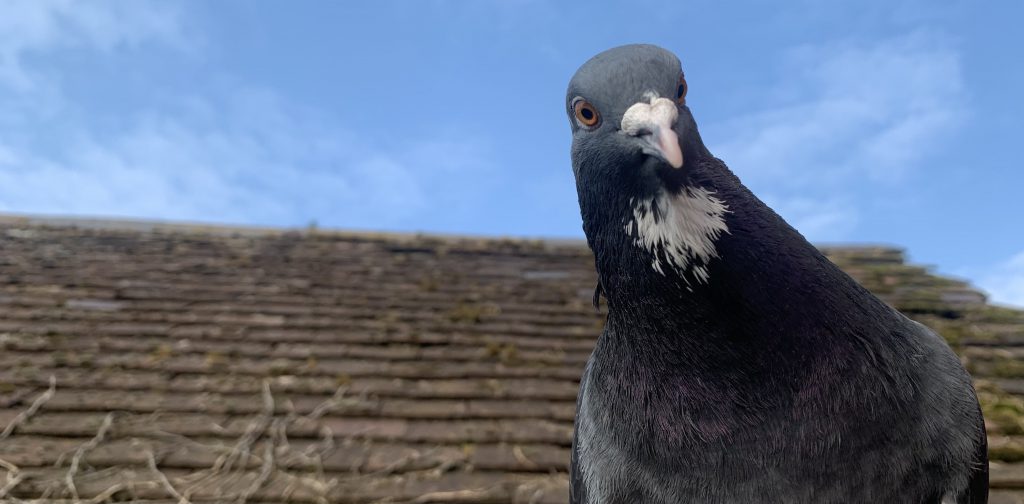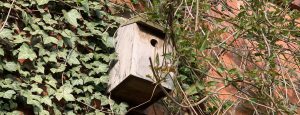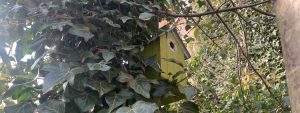Have you got a chimney that’s leaking, or think it could be bringing damp into your home? Chimneys leaking is a very common issue for many homeowners and can cause serious issues if left untreated.
What can cause a chimney to leak?
In the past many homes were built when an open fire or log burners were often the only way to heat a home, and chimneys were a necessity to vent smoke from the home. Eventually gas fires became popular and similarly needed a chimney to vent the gas fire away from the home.
In the modern day, most people now have electric fires in their home and many chimneys are now going unused and forgotten about. These forgotten chimneys that are no longer in service anymore tend to be left open at the top and when they’re not being used or heated up, this can cause them to get damp. The open chimney can also be exposed to unwanted blockages which can cause further damp and leaks such as birds nesting.
What can be done to stop a chimney leaking?
Thankfully when it comes to stopping a chimney to leak or get blocked, the answer is simple, just cover over the exit of the chimney on the roof.
You can do this by installing a cowl on top of the chimney pot to prevent as range of issues such as birds nesting, water ingress but it also helps to ventilate the stack.
Send in the professionals!
If you have a chimney that is leaking and would like to have a professional roofer assess and install a chimney cowl, Kidderminster Roofing Contracts ltd can help! We can offer a free, no obligation quotation for any roof concern you have.
Tel: 01562 748270
Email: office@kidderminsterroofing.com
Or drop us a message on Facebook!

